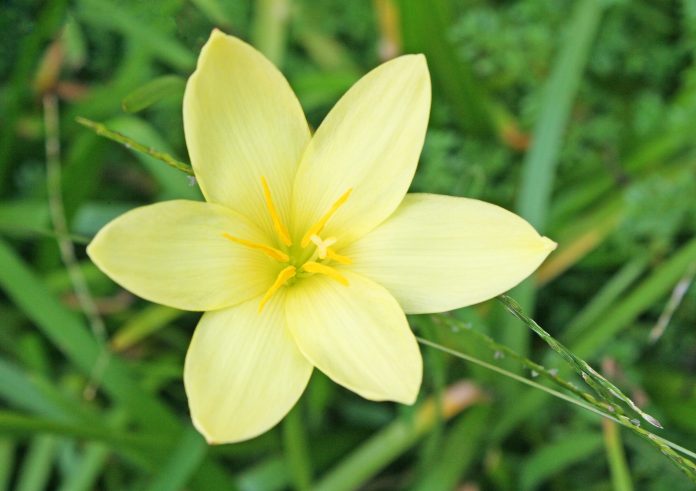According to a US-based study, a non-edible crop can create plant-based jet fuel that can significantly reduce the carbon footprint of flying
The study, published in GCB Bioenergy, finds that sustainable aviation fuel (SAF) can be created from Brassica carinata – a crop.
Puneet Dwivedi, associate professor in the Warnell School of Forestry and Natural Resources, said: “If we can secure feedstock supply and provide suitable economic incentives along the supply chain, we could potentially produce carinata-based SAF in the southern United States.
“Carinata-based SAF could help reduce the carbon footprint of the aviation sector while creating economic opportunities and improving the flow of ecosystem services across the southern region.”
Federal push to invest in SAF
In September, President Joe Biden proposed a sustainable fuel tax credit as part of the Sustainable Aviation Fuel Grand Challenge, which brings federal agencies together to scale up the production of SAF nationwide.
President Biden set the goal of a 20% drop in aviation emissions by 2030 and achieving a fully zero-carbon aviation sector by 2050.
The proposed tax credit requires a 50% reduction in life cycle carbon emissions, which is present in the plant-based fuel created by this team.
Can carinata work as fuel, right now?
Not yet.
The team reveal that there is not enough local infrastructure for crushing the seed and processing the oil into sustainable aviation fuel.
The scientists will continue to figure out the economic and environmental possibilities of consuming carinata-based fuel across Georgia, Alabama and Florida.
“In the South, we can grow carinata as a winter crop because our winters are not as severe compared to other regions of the country,” Dwivedi said.
“Since carinata is grown in the ‘off’ season it does not compete with other food crops, and it does not trigger food versus fuel issues. Additionally, growing carinata provides all the cover-crop benefits related to water quality, soil health, biodiversity and pollination.”











